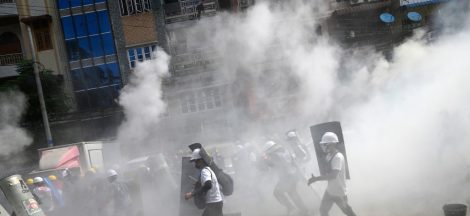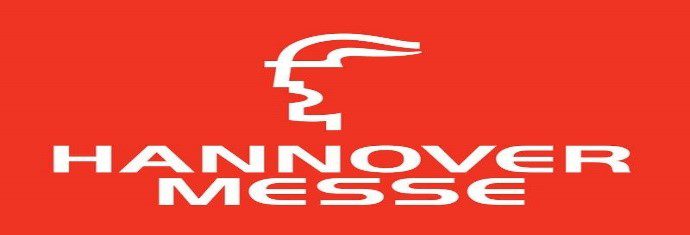MSMEs expect continued pandemic pressure even if operating online. Micro, small and medium enterprises (MSMEs) operating online believe that the economic impact of the COVID-19 pandemic will linger on for the next three months despite high hopes of recovery in the long run, a survey shows.

According to the survey conducted by the Demographic Institute of the University of Indonesia (UI) in collaboration with ride-hailing firm Gojek, 77 percent of “social sellers” expect their revenue to remain under pressure due to the ongoing global health crisis.
Pandemic Pressure
UI’s Demographic Institute describe social sellers as entrepreneurs who use social media and other online platforms to market their products to their consumers.
“MSMEs in Gojek’s ecosystem acknowledged that the pandemic would continue to affect their businesses in the near future,” the institute’s deputy chairperson, Paksi Walandouw, said during an online press conference on Monday.
The survey highlighted a range of factors induced by the COVID-19 pandemic that affect MSMEs’ operations, including the increasing costs of raw materials, falling demand, supply chain disruption and cashflow difficulties.
Small and medium enterprises, which account for more than half of the country’s gross domestic product (GDP), have been particularly hard hit by the economic downturn, as the government expects the economy to grow by 1 percent at best or shrink by 0.4 percent at worst this year. The GDP contracted by 5.32 percent year-on-year in the second quarter, Statistics Indonesia (BPS) announced Wednesday.
Falling demand has become a major factor affecting small businesses, with 85 percent of MSMEs seeing declining sales between March and June, the survey data show. Forty-four percent of them saw sales drop by more than half.
As the pandemic continues, 57 percent of social sellers and 90 percent of MSMEs partnering with food delivery service GoFood have taken loans or sold their assets to retain sufficient cashflow and keep their business afloat.
Almost half of GoFood’s MSME partners sourced the loans from family members, according to the survey.
“We believe online shop owners asked their relatives for loans because it’s easier than through formal institutions,” Paksi said.
Like other struggling MSMEs, an online seller of baby and children apparel, Ferika Amalia, saw her sales plunge by more than half in the last couple of months amid the global health crisis.
“Usually I could sell around 20 items per day, but today it’s only around five,” Ferika told The Jakarta Post in a phone interview on Tuesday.
She said she believed her sales would continue to be impacted by the pandemic for the next six months, given uncertainty surrounding the school reopening policy.
“Because schoolchildren are still studying from home, I think demand for children’s shoes and bags won’t budge in the near future,” she added.
Amid the decline in apparel sales, Ferika is leaning on an alternative source of revenue by starting a business on seserahan (wedding gift packages) with her friends, seizing the opportunity of the increasing popularity of small wedding ceremonies amid the social restrictions in some places.
The survey also showed that small online businesses and store owners were still optimistic about the long-term economic prospects. They have also remained persistent in keeping their businesses despite dwindling demand and cashflow.
Almost half of the MSMEs partnering with Gojek’s e-wallet service, GoPay, believe their revenue might return to the prepandemic level, while 38 percent are certain of the revenue recovery.
Budi Gunadi Sadikin, the head of the national economic recovery task force, said on July 29 that the government would provide Rp2.4 million (US$165) for 10 to 12 million MSMEs, as well as working capital loans of Rp2 million to support the MSMEs.
“We will also add working capital loans with low interest for those who have already started businesses,” Budi said, adding that the funds may be used by MSMEs to pay for daily needs and to restart business activities. MSMEs expect continued pandemic pressure even if operating online: Survey (Mardika Parama, The Jakarta Post)





 As Chevron Exit Looms, Indonesia Eyes Italian Eni to Take over IDD Gas Megaproject
As Chevron Exit Looms, Indonesia Eyes Italian Eni to Take over IDD Gas Megaproject 